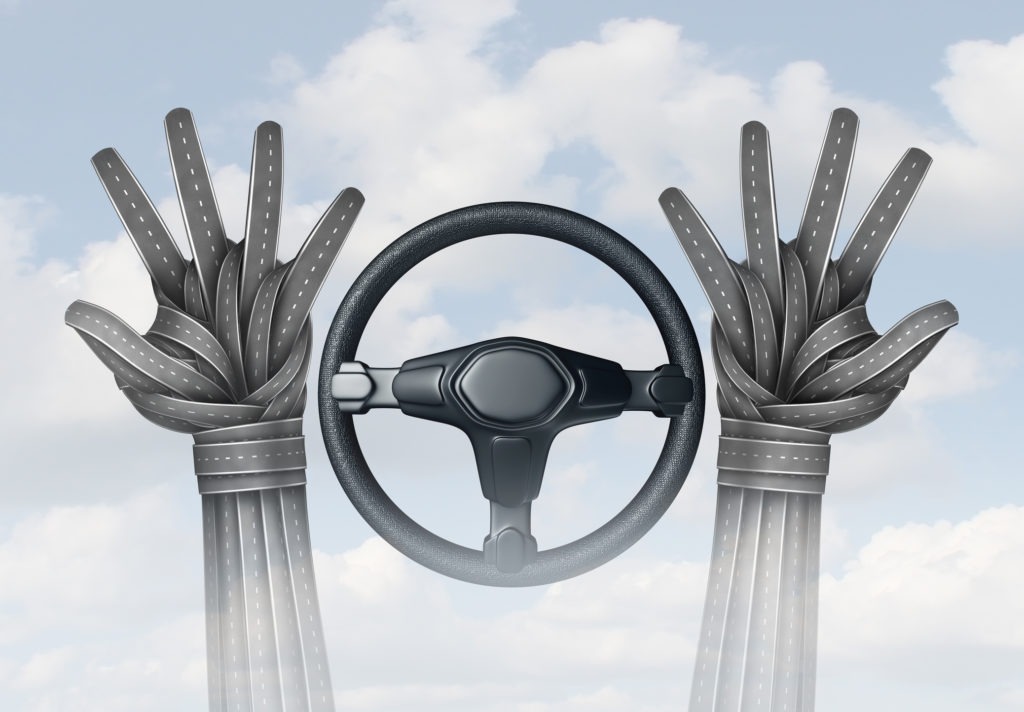London ill-prepared for driverless cars states new report
20 February 2018

20 February 2018
A new report has suggested that London is not prepared to become an early adopter of connected and autonomous vehicles, despite plans for it to be so.
The UK Government is pushing for the country to become a leader in connected and autonomous vehicles (CAVs), with various investments in research and development of the technology. Also, as the capital city, London is pushing to be one of the first in the world to rely on the technology and is currently hosting trials of automated pods and vehicles on its streets.
However, a new report: Future Transport: How is London responding to technological innovation?, published by the London Assembly, has stated that the city is not prepared for the challenges that autonomous vehicles pose.
The report finds that CAVs may not be on public roads until 2030 and despite their abilities, could add to congestion in the capital. In addition, autonomous buses may be preferable to driverless cars, but would lead to thousands of job losses, while ground-based ′droids’, designed to carry delivers between locations, would lead to further crowding of pavements already obstructed by street furniture and parked vehicles.
The report also highlights recent issues with ride provider Uber, including legal challenges and contribution to congestions, showing risks of under-preparation for disruptive technologies. This is also shown with the recent launch of the oBike dockless cycle scheme, which saw riders leave bikes strewn all over the city.
Keith Prince AM, Chairman of the London Assembly Transport Committee, comments: ′Autonomous vehicles could make roads safer. Dockless bikes could spread the benefits of cycling to the whole city, and demand-responsive buses could give people a public transport service tailored to their needs. The opportunity to improve mobility for millions of Londoners is here, but it will require proper planning, transparency and accountability, as well as cooperation with government, boroughs and development companies.
′TfL has been caught napping on the technology front, and it’s time to wake up. Uber, then oBike are two examples of a poorly prepared regulator which seems to be making it up as they go along.
′Go back to 2014 – in its ′Future Proof’ report, this committee warned that ′TfL needs to be prepared for the inevitable consequences of a transport environment in which technology is evolving faster than the legislation that is needed to govern its use.’ It’s clear that warning was ignored – let’s hope this warning won’t be.’
The report suggests that London Mayor, Sadiq Khan, implements a sustained campaign to make ride-sharing in the capital a normal activity, which would help the city prepare for autonomous vehicles and remove some cars from congested roads.
There could be a period of public unease over driverless vehicles, the report suggests. However, it cites the London Docklands Light Railway as an example of a mass transport system that operates without drivers, saying that this is a process accepted by the public, and therefore autonomous vehicles could also be such a service.